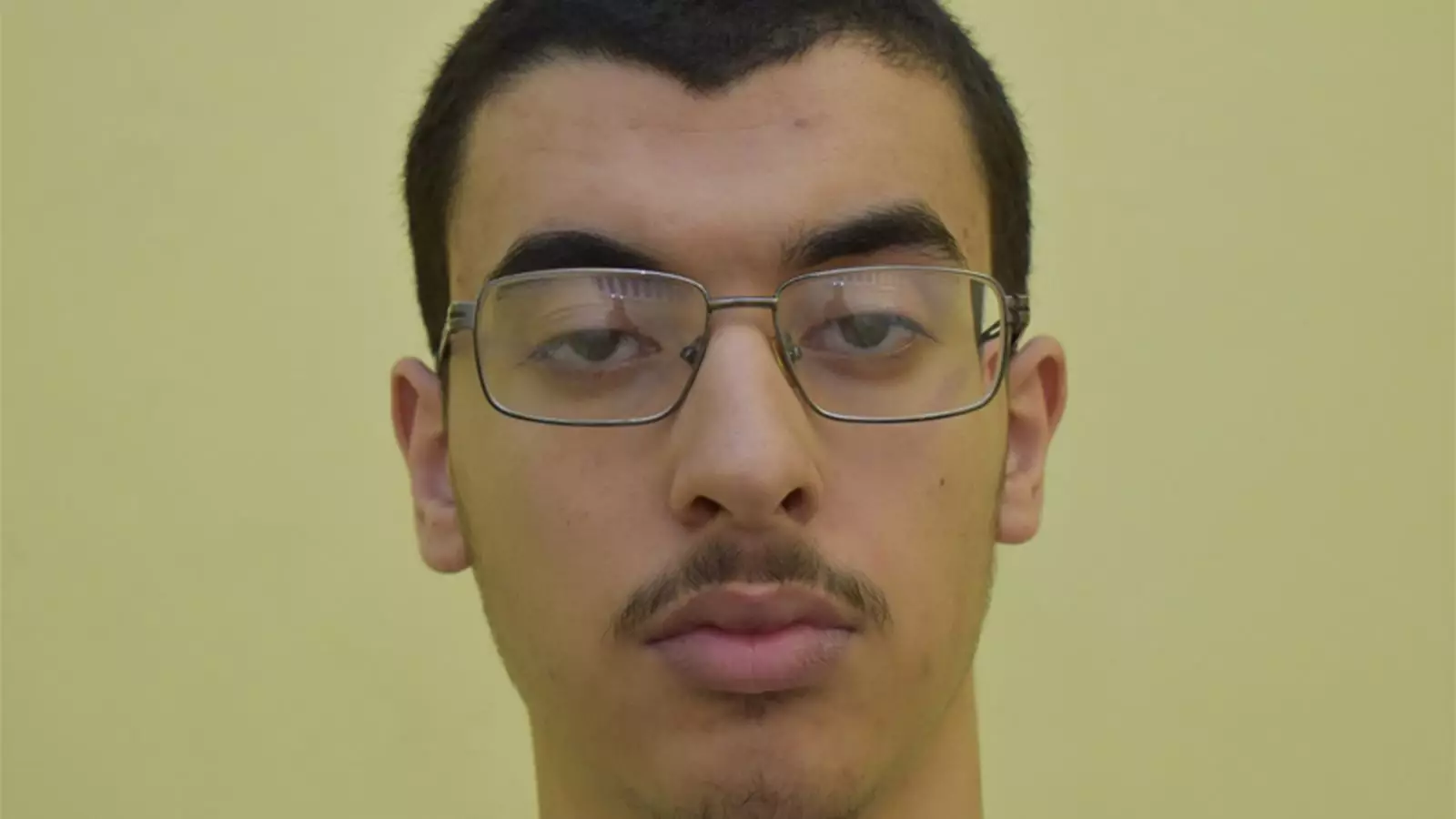The recent attack on three prison officers by Hashem Abedi, brother of the notorious Manchester Arena bomber Salman Abedi, raises alarming questions about the management of dangerous inmates and the rights afforded to them within the penal system. The incident at Frankland prison underscores not just a failure in security protocols but also reveals a deeper issue: the clash between upholding humane treatment in prisons and ensuring the safety of those responsible for the care and oversight of these volatile individuals. This attack, characterized by extreme violence including the use of hot cooking oil and homemade weapons, is a stark illustration of the implications of leniency toward those whose actions have irreparably harmed countless lives.
Rethinking the Treatment of Incarcerated Individuals
The Prison Officers Association (POA) rightly expresses outrage over this incident, labeling the assault as both cowardly and disgraceful. They urge for immediate review of policies that allow even the most dangerous inmates access to potentially harmful items like cooking facilities. This is not just a plea for stricter regulations; it’s a survival mandate for individuals sworn to protect our society from those who have so blatantly disregarded human life. In a prison context, it’s critical to ponder: how much humanity should we extend to those who have committed unspeakable atrocities?
Abedi’s record exemplifies a significantly problematic narrative: this is not his first act of aggression against prison staff. Having previously attacked a guard at the infamous Belmarsh prison, Abedi’s behavior demonstrates a troubling trend where violent convictions do not translate into a diminished capacity for further violence, even while incarcerated. This raises essential concerns about the current rehabilitation system: Are we providing a false sense of security by allowing radicalized individuals access to privileges that can jeopardize the lives of those who confront them daily?
The Role of Governance in the Criminal Justice System
While Justice Secretary Shabana Mahmood has expressed outrage at the attack and committed to pushing for stringent punishments, mere expressions of condemnation cannot substitute for necessary systemic reform. Governance in our penal system often seems reactive rather than proactive. After an incident like Abedi’s attack, we see a flurry of statements calling for harsher measures, yet the same issues linger untouched until tragedy strikes again. If our policymakers truly grasp the gravity of these situations, they must enact robust preventative measures that cater to the nuances of managing radicalized actors within our justice system.
Calls for a reevaluation of inmates’ entitlements come from various factions. Mark Fairhurst of the POA highlights a shift toward prioritizing control over appeasement. In essence, it appears we have neglected the imperative of maintaining order within prison walls, placing ideological principles above basic safety. This is not about revoking all human rights of incarcerated individuals; it is about clarity: when do we draw the line between humane treatment and enabling conditions that lead to violence?
Human Rights versus Public Safety
The fundamental question this situation raises is drawn between the ideals of justice and the grim realities of public safety—an unsettling dichotomy. On one hand, there is the moral obligation to treat even the most heinous offenders with a degree of dignity and humanity; on the other, there looms the undeniable threat they pose not only to fellow inmates but to the very staff dedicated to overseeing their containment.
Allowing entry points for cooking facilities in high-risk units is emblematic of systemic flaws that must be addressed. The existence of ‘separation centres’ was ostensibly established to protect the general population within the prison, yet if these units continue to become arenas for aggression and violence, then what purpose do they serve? It begs the inquiry into efficacy: are we simply creating enclosed environments of enmity instead of maintaining establishments aimed at rehabilitation?
The continued aggression demonstrated by individuals like Hashem Abedi signals an urgent need for introspection and reform within our penal system to prioritize the functionality and safety of its custodians. It demands a focused debate, urging stakeholders to dismantle the facade of prisoner rights that infringe upon the rights and safety of guards and civilians alike. We cannot afford to answer brutality with moderation; silence in the face of such blatant violence only invites further chaos into our institutions.


Leave a Reply